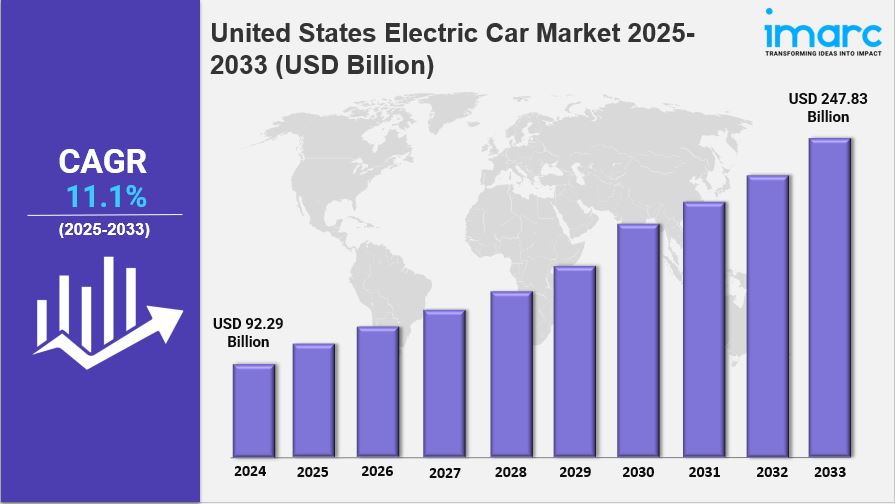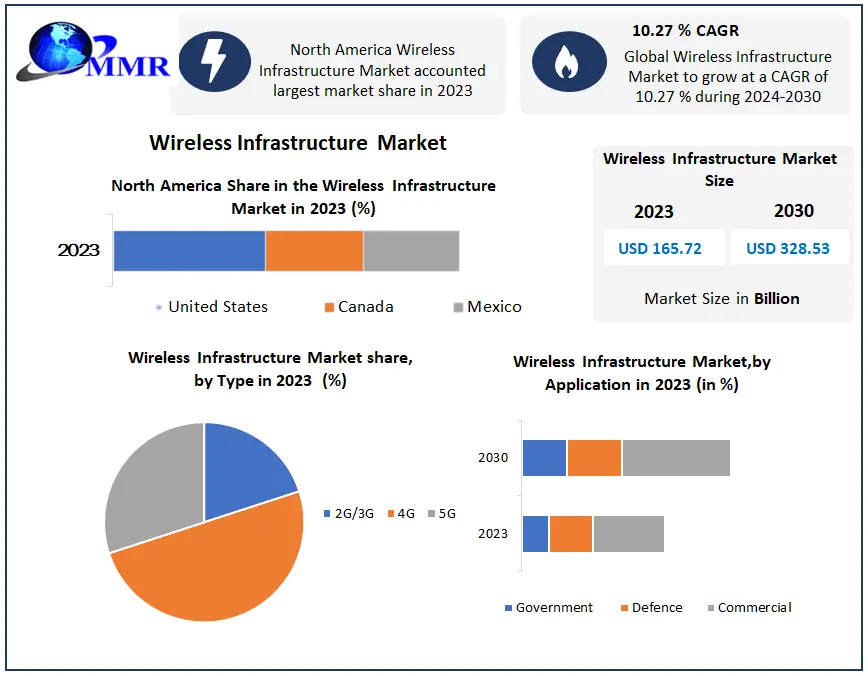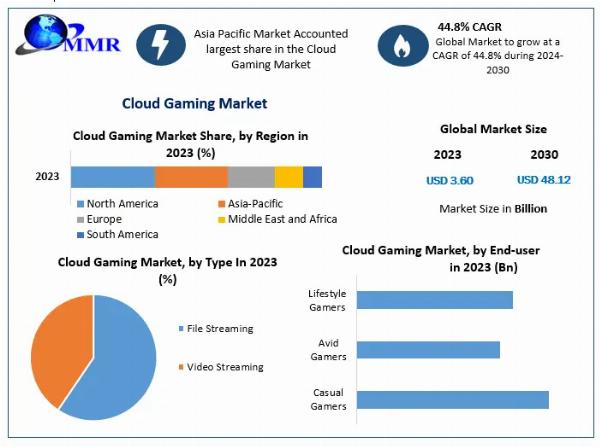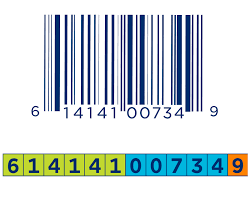US Lifts Chip Design Software Curbs on China in Trade Deal

(Bloomberg) -- President Donald Trump’s administration has lifted recent export license requirements for chip design software sales in China, as Washington and Beijing implement a trade deal for both countries to ease some restrictions on critical technologies.
Most Read from Bloomberg
-
NYC Commutes Resume After Midtown Bus Terminal Crash Chaos
-
Struggling Downtowns Are Looking to Lure New Crowds
-
Massachusetts to Follow NYC in Making Landlords Pay Broker Fees
-
What Gothenburg Got Out of Congestion Pricing
-
California Exempts Building Projects From Environmental Law
The US Commerce Department informed the world’s three leading semiconductor design software providers — Synopsys Inc., Cadence Design Systems Inc. and Germany’s Siemens AG — that requirements to seek government licenses for business in China are no longer in place, according to company statements.
Siemens has restored full access to its software and technology for Chinese customers, the company said, while Synopsys and Cadence said they’re in the process of resuming such services in the Asian country. The Commerce Department did not immediately respond to a request for comment about its notices that lifted the curbs, which were also imposed on smaller makers of electronic design automation, or EDA, tools.
White House officials cracked down on EDA sales to China in May as part of a raft of measures responding to Beijing’s limits on shipments of essential rare earths. Under a trade agreement finalized last week, Washington promised to allow shipments of EDA software, as well as ethane and jet engines, to China — provided Beijing first honor its pledge to speed export approvals for critical minerals used in everything from wind turbines to airplanes.
The move to lift EDA curbs is a sign that the accord reached in London — which would bring the countries back to the terms of a deal struck the previous month in Geneva — is indeed being implemented. In addition to chip software sales, the US last week allowed makers of a critical petroleum product to transport, but not yet unload, gas tankers to Chinese ports.
Beijing also achieved a higher-level longtime goal: Washington has now put export controls, a national security tool historically treated as non-negotiable, on the table in trade talks.
When the EDA controls were first imposed, industry officials saw little reason to question whether they’d stick. The US for years used export controls to limit China’s access to advanced chips and the equipment needed to make them, in an effort to prevent Beijing from developing advanced AI that could benefit its military. Expanding that campaign to encompass EDA software — used to design everything from high-end Nvidia Corp. and Apple Inc. processors to simple parts like power-regulation components — was a longtime priority for some China hawks in Washington. And the Trump administration had just shown it would intensify China chip curbs by tightening restrictions on Nvidia’s sales.
La historia continúaBut the EDA measures were unusual because US officials offered little detail on what was and wasn’t allowed — parameters that typically are discussed at length during a formal regulatory process. Then, barely two weeks after their imposition, National Economic Council head Kevin Hassett, speaking at the start of London trade talks, said the US may ease semiconductor controls he described as “very important” to China. While Hassett and other senior Trump officials said curbs on Nvidia chips weren’t up for discussion, the industry lacked clarity throughout the London meetings — and for weeks thereafter — about when, and whether, the EDA curbs would be lifted.
Ultimately, some Washington officials were relieved to see the US offer what they saw as lower-priority semiconductor concessions to Beijing, Bloomberg has reported — safeguarding, at least for now, the Nvidia chip export limits they view as vital. But some also see controls on EDA as a crucial step in their own right, one that that shouldn’t be negotiated away as part of any trade deal.
“EDA software sales had been one of the few remaining inputs to Huawei’s chip development left untouched,” said Ryan Fedasiuk, a former State Department China adviser, in reference to the telecom giant at the center of Beijing’s semiconductor ambitions. “Restricting EDA licenses would have dealt a decisive blow to the company’s next-gen chip design timelines, and hobbled its competitiveness in global markets.”
EDA companies, meanwhile, are contending with a new worry, Bloomberg has reported: Even with access to the Chinese market restored, customers there may hunt for other suppliers or further develop domestic capabilities in response to heightened geopolitical risks.
--With assistance from Ian King, Jenny Leonard and Michael Shepard.
(Updates with additional context throughout)
Most Read from Bloomberg Businessweek
-
SNAP Cuts in Big Tax Bill Will Hit a Lot of Trump Voters Too
-
America’s Top Consumer-Sentiment Economist Is Worried
-
How to Steal a House
-
China’s Homegrown Jewelry Superstar
-
Pistachios Are Everywhere Right Now, Not Just in Dubai Chocolate
©2025 Bloomberg L.P.
The lifting of chip design software restrictions on China as part of the US trade deal is a strategic move aimed at fostering cooperation while maintaining competitive balance in global tech markets.
This move by the US to lift chip design software restrictions on China in their trade deal can be seen as a positive step towards tightening cooperation between two tech giants, but will require clear guidelines and enhanced cybersecurity pledges from both sides.
This move by the US to lift chip design software restrictions in its trade deal with China signals a positive shift toward collaboration and mutual economic interests, potentially revitalizing innovation partnerships between these two technology giants.
The lifting of chip design software restrictions by the US on China in their recent trade deal signals a move towards improving cooperation and balanced competition within global semiconductor markets, potentially sparking innovation anew between these two major technology powers.
US lifting chip design software restrictions on China in their trade deal represents a significant step towards fostering collaboration and economic progress within the global tech community, potentially paving way for advanced innovation.
The latest US trade deal that lifts chip design software curbs on China signifies a step towards fostering collaborations in high-tech sectors between the two nations, hinting at potential new economic dynamics and technological innovations across multiple industries.
This move by the US to lift chip design software restrictions on China in their trade deal can significantly help pave the way for enhanced technological cooperation and innovation between both nations, potentially fostering a thriving semiconductor industry that will benefit global markets.
This move by the U.S., lifting its restrictive curbs on China regarding chip design software, symbolizes a significant shift in their trade policies and may be indicative of greater collaboration between both nations within tech sectors despite prior geopolitical tensions."














